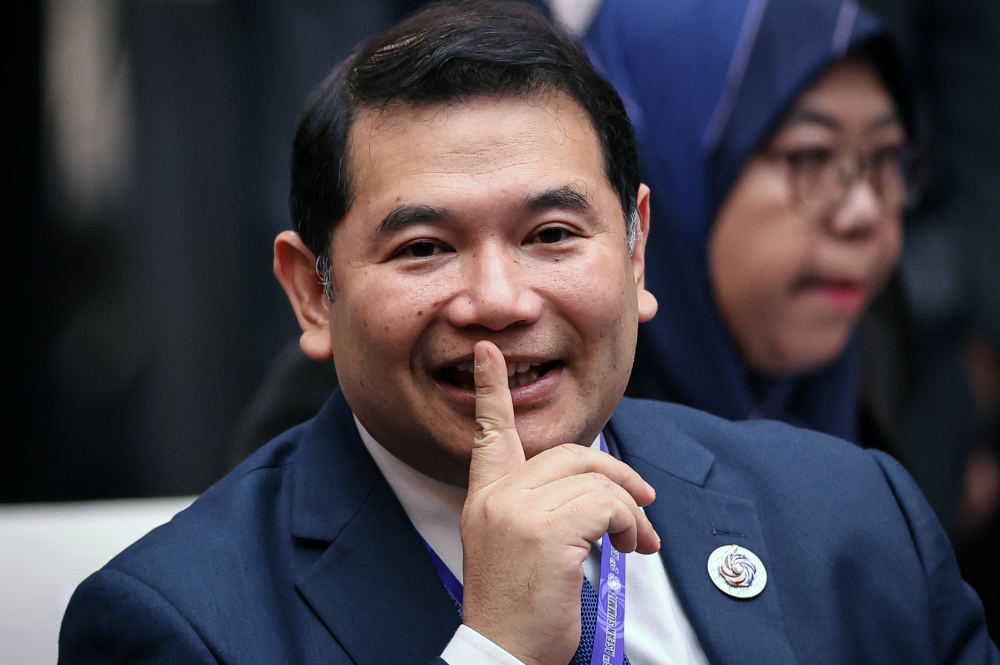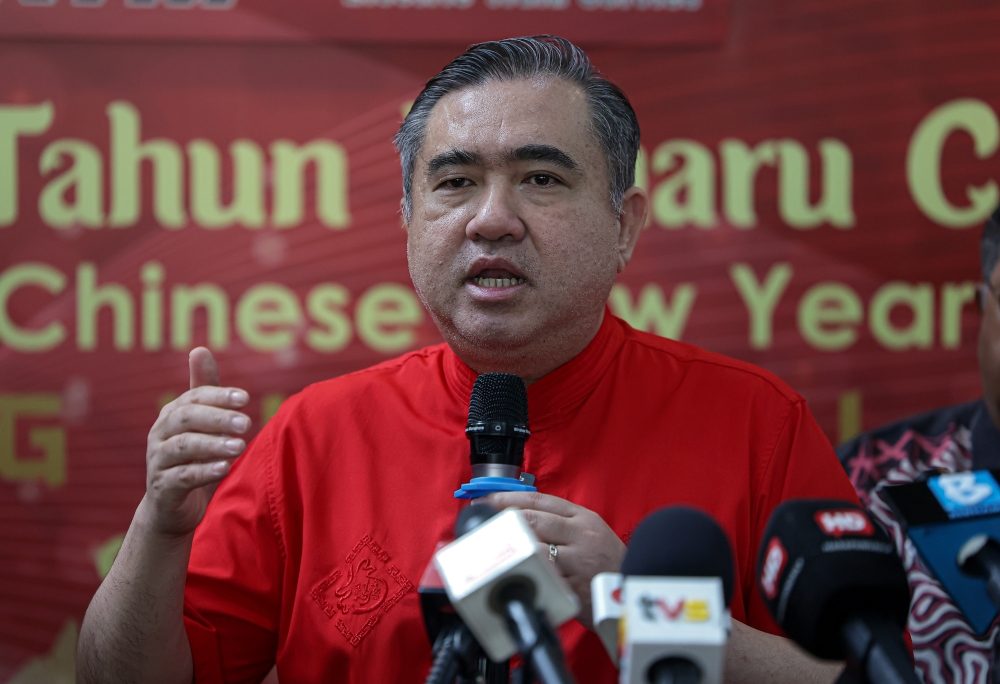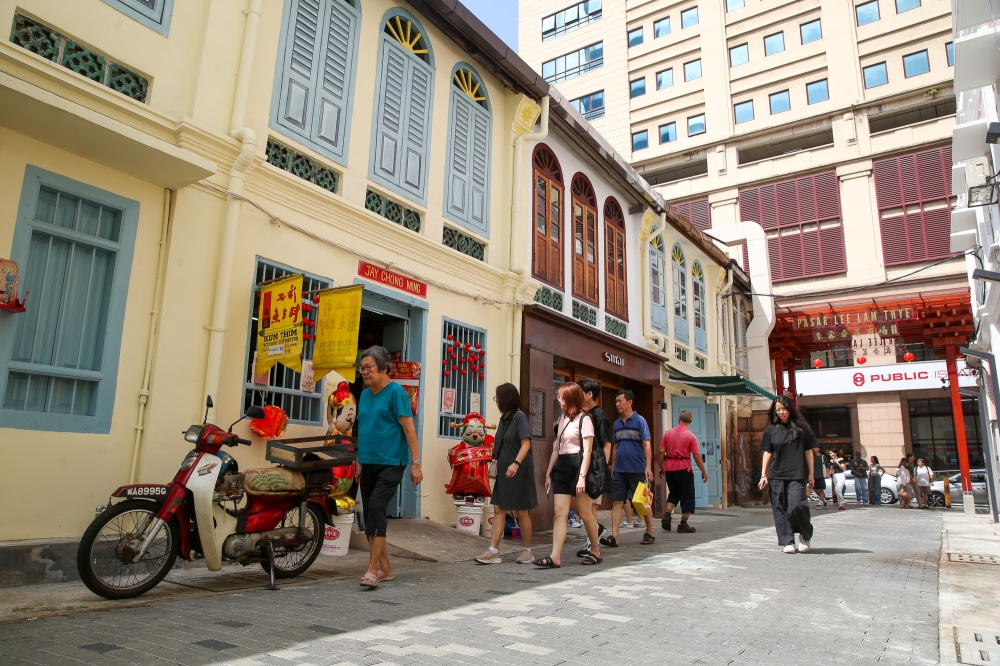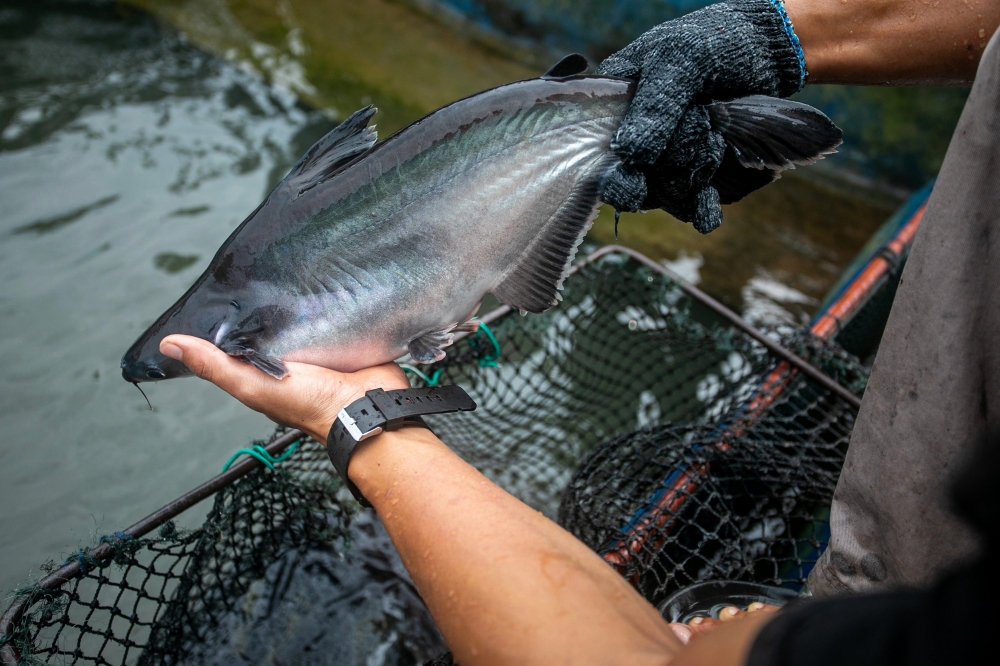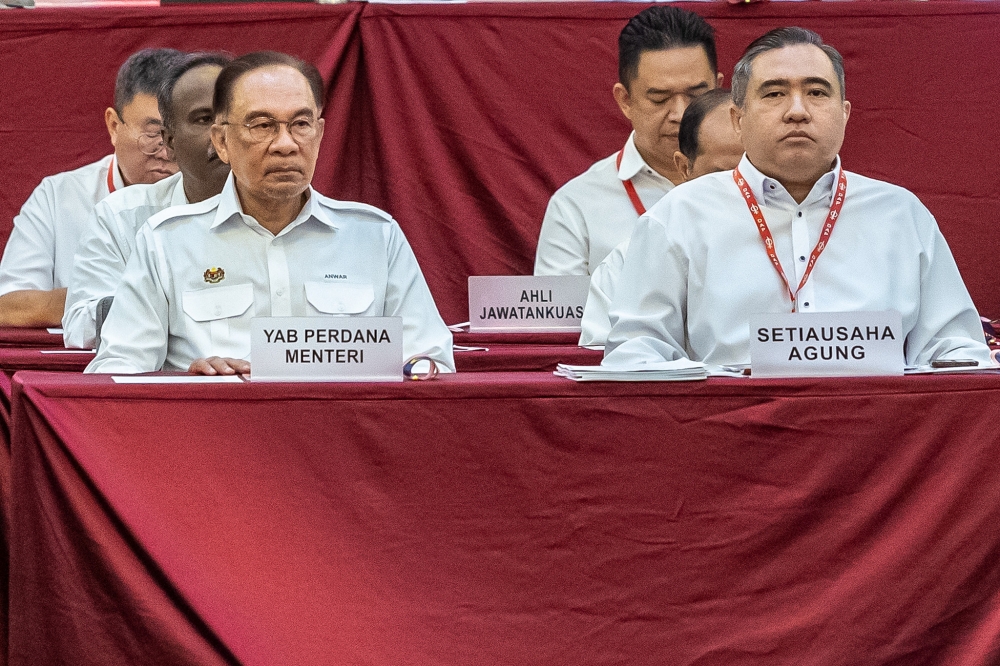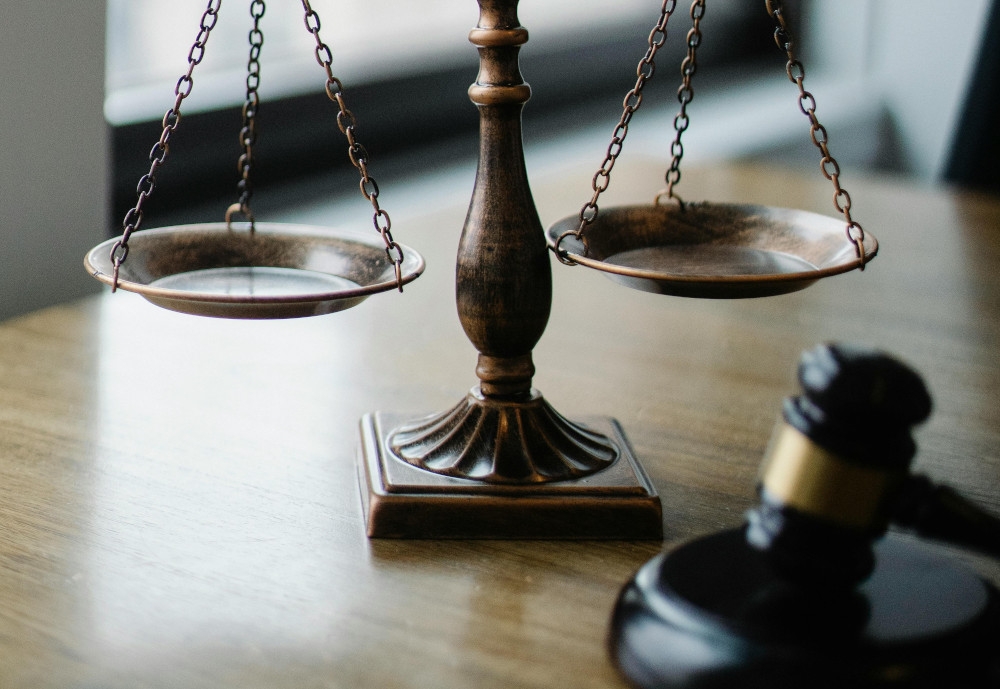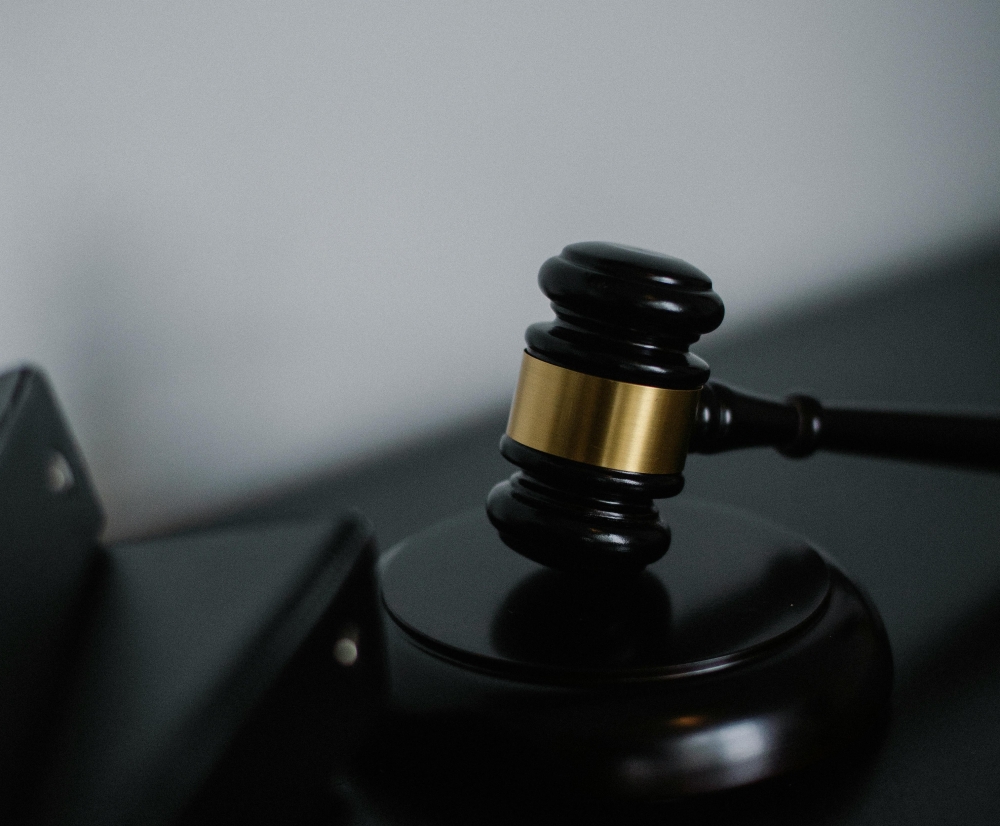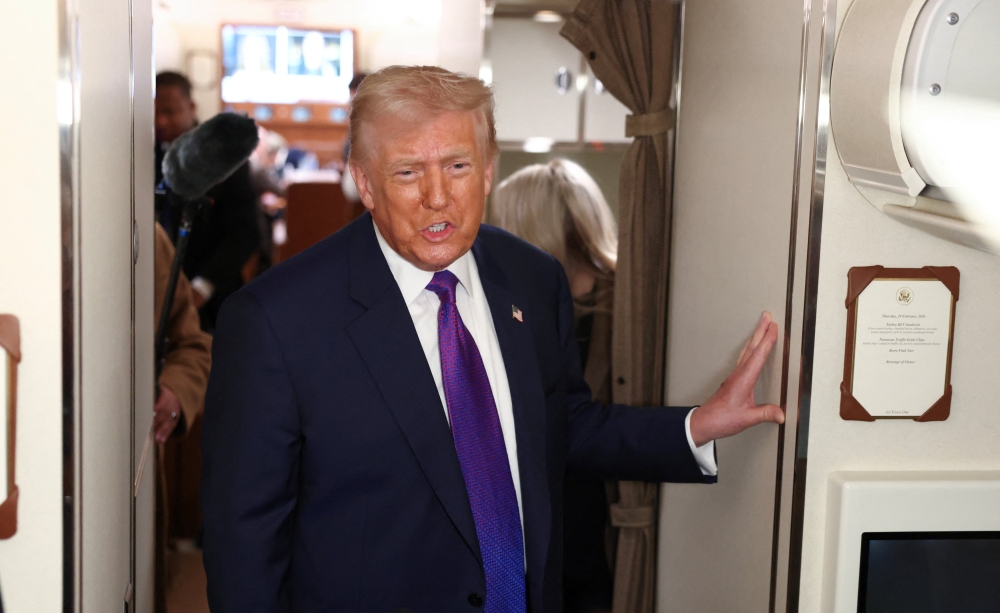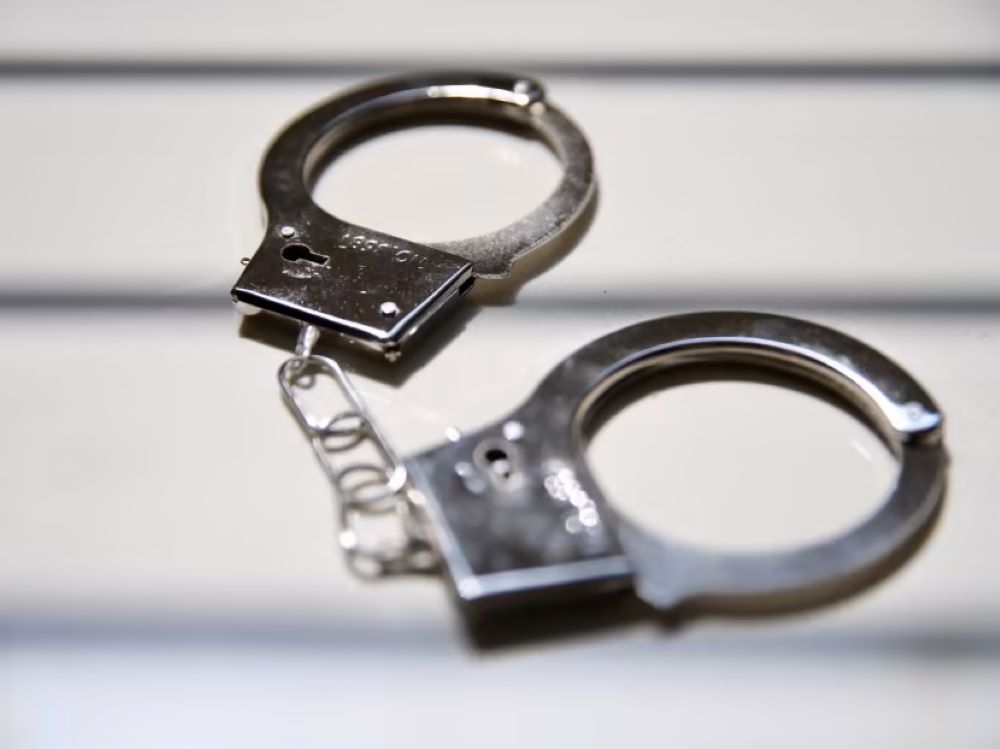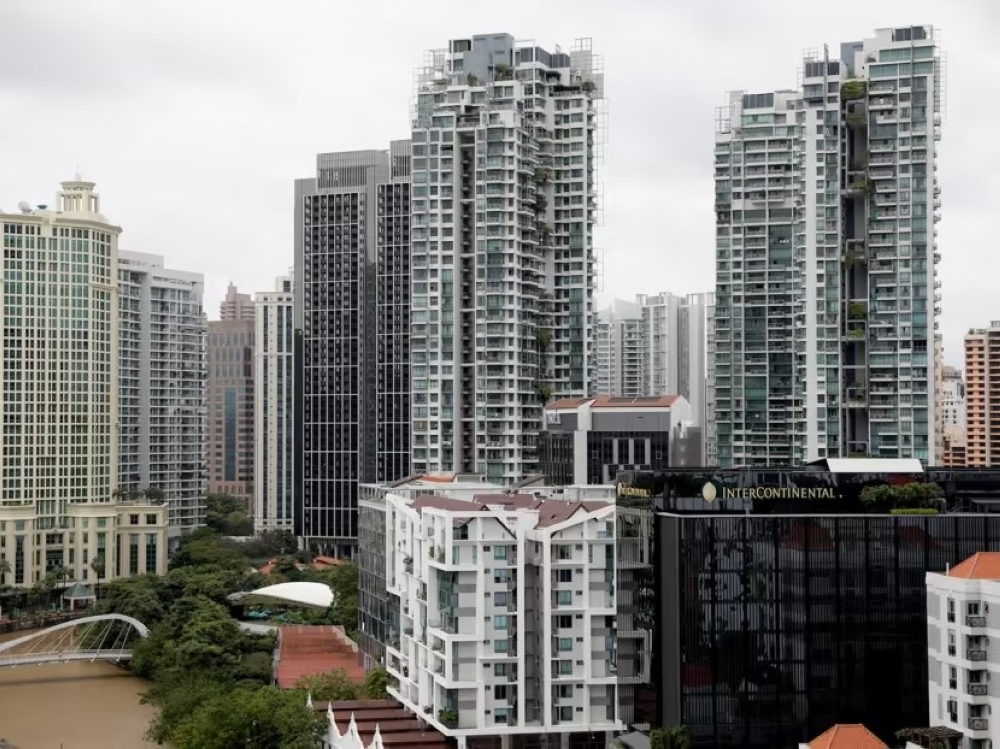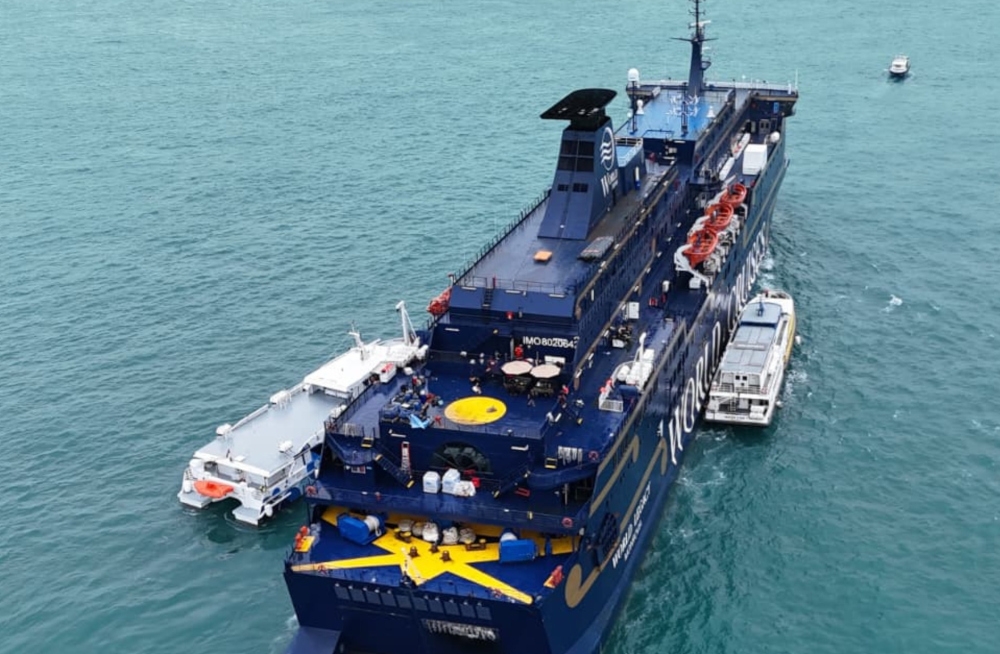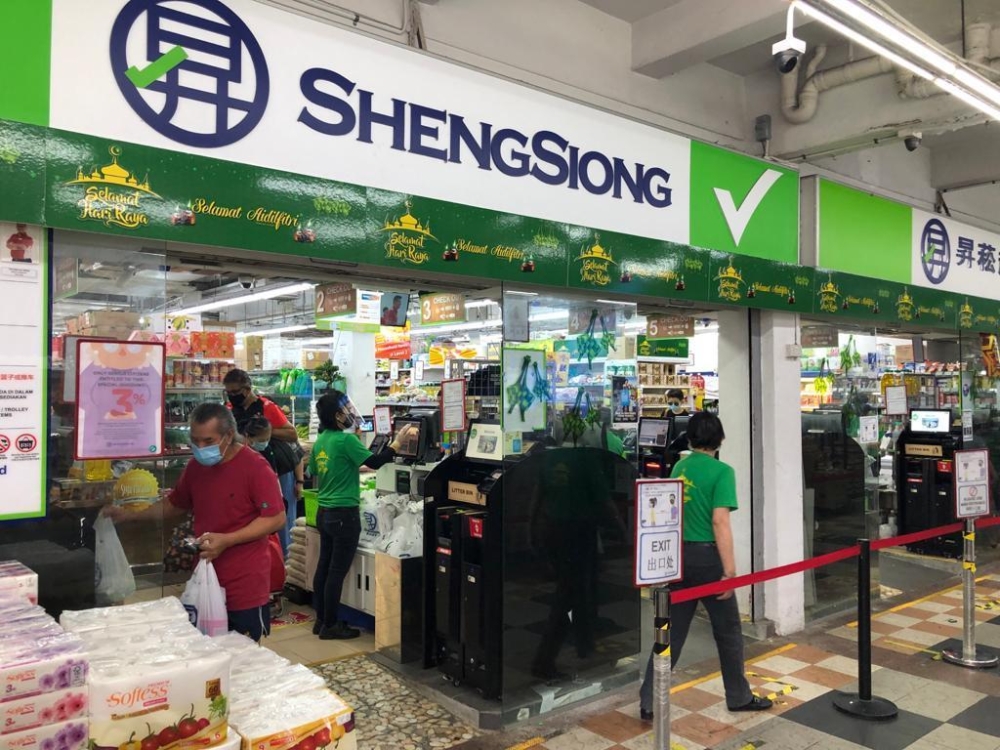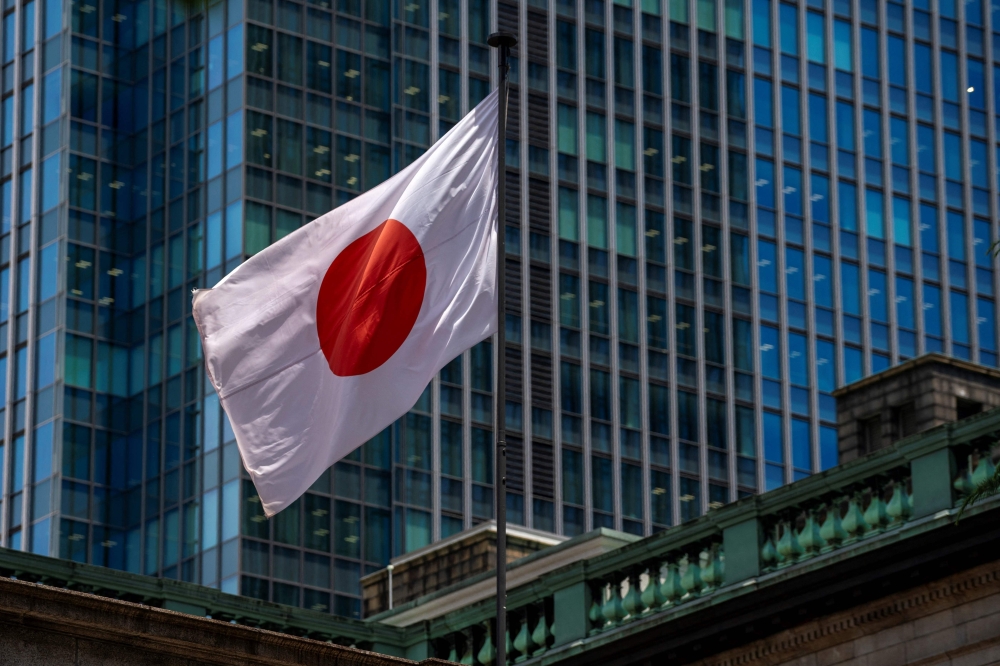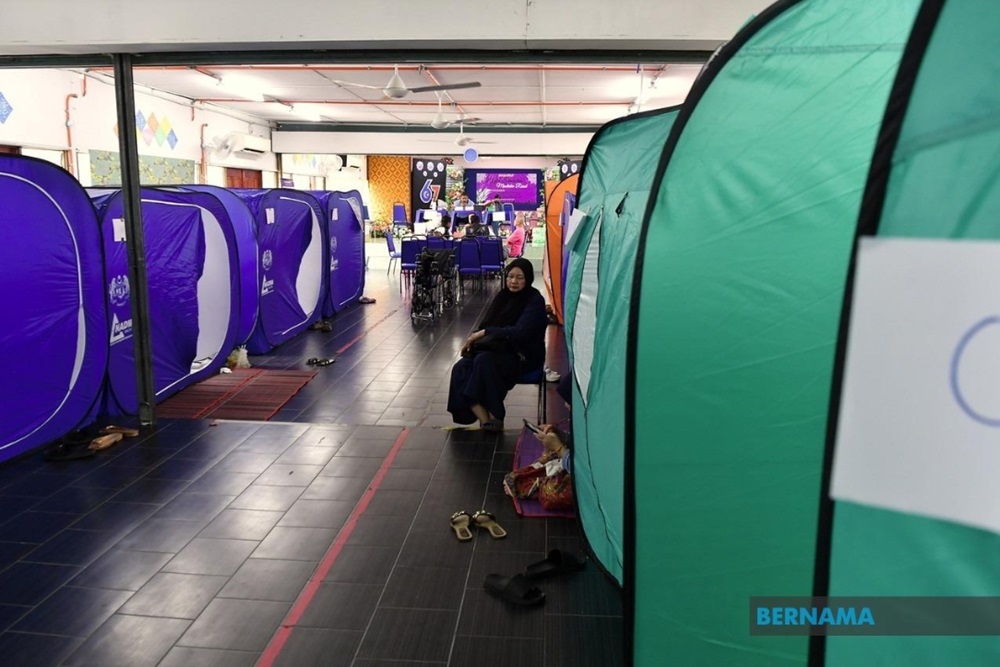SINGAPORE, April 28 — With the latest cooling measures doubling the Additional Buyer’s Stamp Duty (ABSD) for foreigners, and Singaporeans and permanent residents paying a higher rate as well, property analysts said that rental prices are likely to jump.
They gave various reasons for this, such as foreigners opting to rent instead of owning a home, and flat owners renting before upgrading to a private property to avoid paying the duty.
Close to midnight on Wednesday, the Government announced its highest ABSD rate increase since it was first introduced in 2011.
Foreigners who buy any residential property here will have to pay 60 per cent of the property’s purchase price, up from 30 per cent.
Singaporeans buying their second residential property pay 20 per cent, up from 17 per cent.
The changes took effect on Thursday.
In a joint statement, the Ministry of National Development, Ministry of Finance and Monetary Authority of Singapore (MAS) pointed out that there was growing demand for property among investors here and abroad, and that the cooling measures are to “promote a sustainable property market”.
Commenting on the changes, property analysts are expecting rental charges for housing to spike, though there were also those who felt that the increase might be muted — in line with MAS’ forecast of the rental market released on Wednesday in its macroeconomic review.
MAS said in its bi-annual report that the growth in rental prices would dampen in the second half of the year as an influx of new residential units may slow rental demand.
As for people looking to buy private property, the analysts said that the latest cooling measures would not affect the sale of mass market condominiums.
This is because most housing hunters would be first-property buyers not affected by the higher ABSD — with one analyst from real estate agency PropNex Realty saying that its internal data suggests just 1.5 per cent of transactions involved foreigners.
Christine Sun, OrangeTee and Tie’s senior vice-president of research and analytics, said: “(Private property) sales volume will usually drop for about three to six months (after a cooling measure), but it will rebound after that.”
These market shifts will “take effect immediately” after the ABSD increase, alongside a slowing growth in property prices, she added.
Historically, prices have never fallen after an increase — only when the Total Debt Servicing Ratio was adjusted, she observed. Last revised in September 2022, the Total Debt Servicing Ratio stipulates that all debt obligations, including housing loans, cannot exceed 55 per cent of a person’s income.
Why rental prices will go up
Elaborating on why the higher ABSD will push up rental prices, the analysts said that 60 per cent is likely too big a bullet to bite for some foreigners, so they may choose to rent while waiting to get their citizenship or permanent residency — allowing them to avoid the ABSD or pay a smaller amount.
This increased demand for rental housing will then drive up prices.
Lee Sze Teck, senior director of research at real estate firm Huttons Asia, said: “Anecdotally, there are foreigners who rent, with an option to purchase the home once they become a permanent resident or citizen.”
He estimates that rental charges will grow around 10 per cent this year.
Sun said that owners of Housing and Development Board (HDB) flats may rent short-term while waiting in the period between selling their flat and buying a private property, to avoid paying the ABSD.
“Some of those who intend to buy only one private home and later sell their flat may be affected (in having to pay the ABSD). Although they do not need to pay duty, they still need to pay it upfront and later seek remission upon selling their flat.
“Some may find the upfront ABSD payment to be too high. Therefore, those who wish to upgrade may need to sell their flat then rent somewhere first, resulting in higher costs incurred.”
For instance, an upgrader who owns a HDB flat and intending to buy a S$2 million (RM6.67 million) condominium will have to first fork out S$400,000 in ABSD, which can be prohibitive for some.
Tricia Song, head of research for Southeast Asia at real estate firm CBRE, said that the overall rental market may be further affected in the long run.
“As investment demand is likely to be altered by (the cooling measures), there could be fewer private homes for rent in the longer term.
“Demand could then spill over to commercial operators such as co-living or serviced apartments,” she added.
Why condo sale prices will not change much
Analysts who spoke to TODAY are not expecting the latest changes to move the needle significantly on the demand or prices of mass market condominiums.
Ismail Gafoor, chief executive officer of PropNex Realty, said: “The impact of the latest measures will not be evenly felt, with foreign buyers in particular taking a bigger hit.
“We think the impact of the ABSD rate hike on the mass market will not be significant as foreigners accounted for only 1.5 per cent of the private home purchases in the mass market in the whole of 2022.”
Another analyst agreed, saying that unlike investors who may adopt a wait-and-see approach, buyers who are primarily getting a property for their own occupation may still be active in the mass market, especially first-time buyers.
Mohan Sandrasegeran, senior analyst for research and content creation at One Global Property Services, said: “Overall, affordable private properties, such as condominium units that are priced within their budget and offer desirable amenities in accessible locations, may still be in demand, albeit at a slower pace.”
However, the experts had mixed views on the impact on the HDB resale market, with some predicting that there may be no shifts.
Nicholas Mak, chief research officer at property technology company Mogul.sg, said that there may be higher demand for bigger or better-located HDB flats once people ditch their plans to own and live in private housing as a result of the new changes.
Or, some of these “upgraders” may delay plans, which may lead to a lower resale volume of HDB flats “for a few months”, he added. — TODAY

